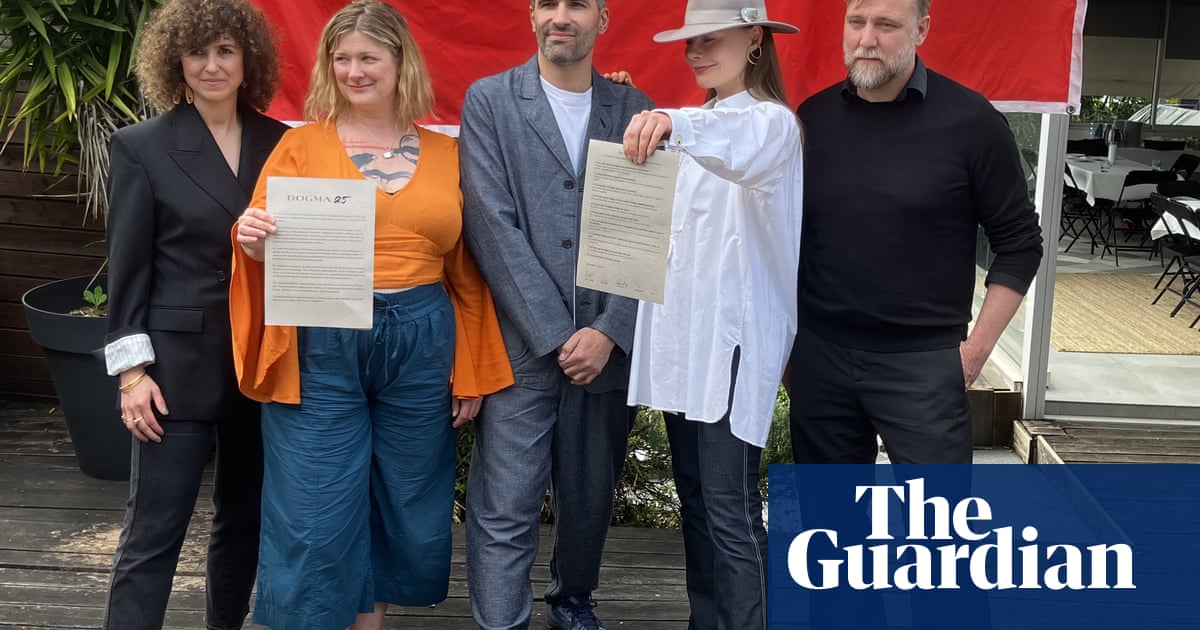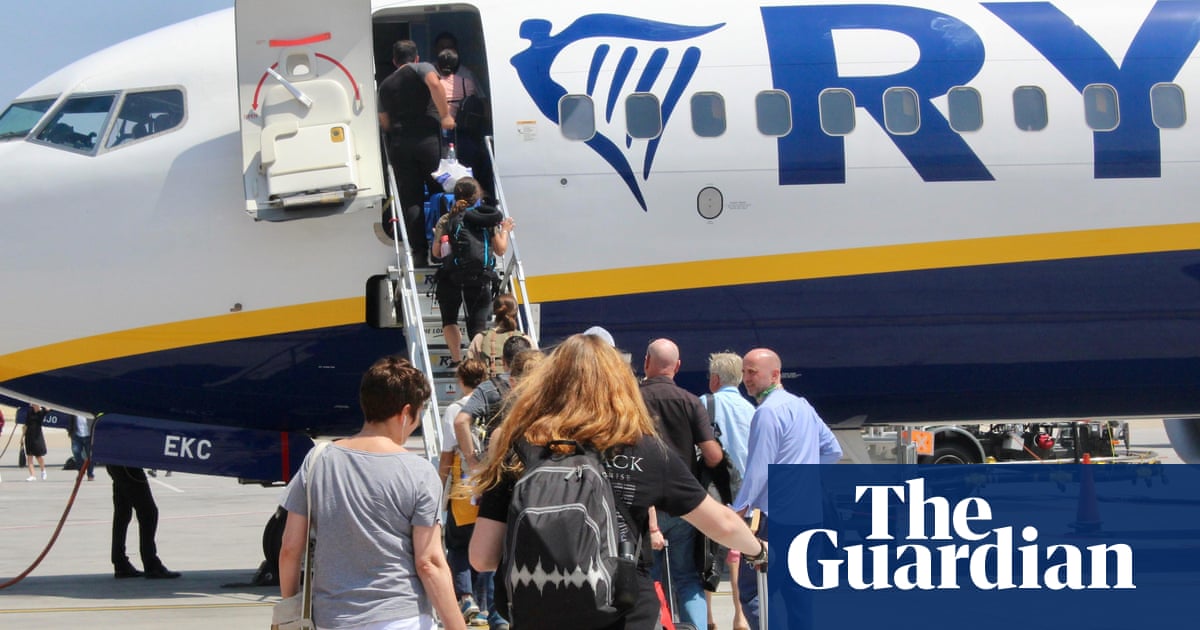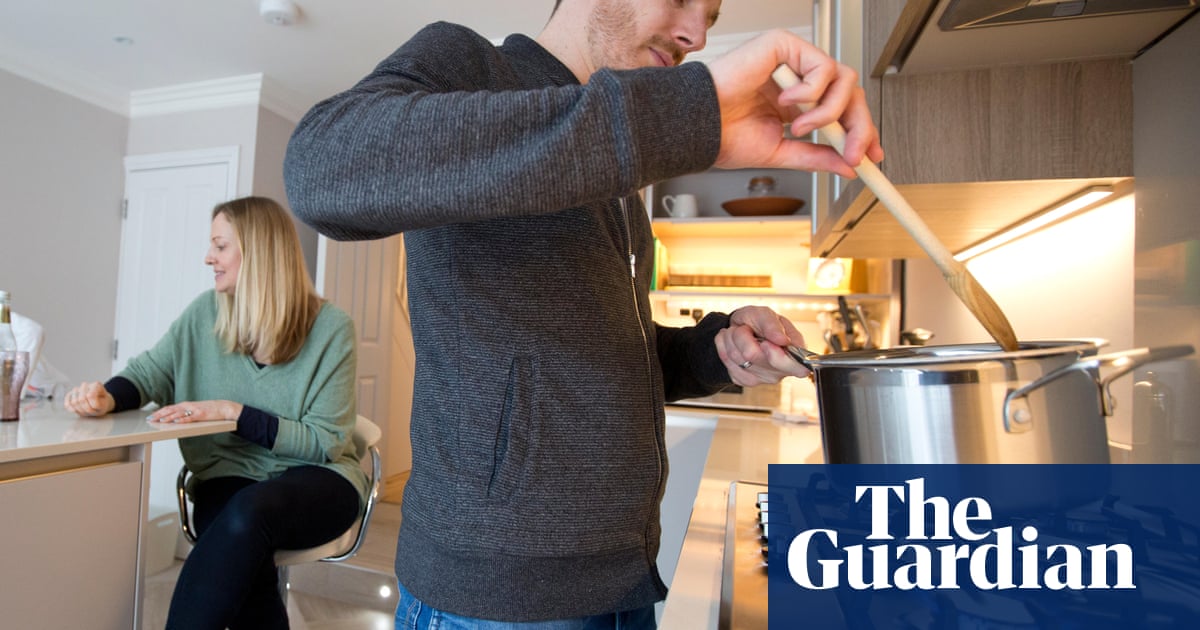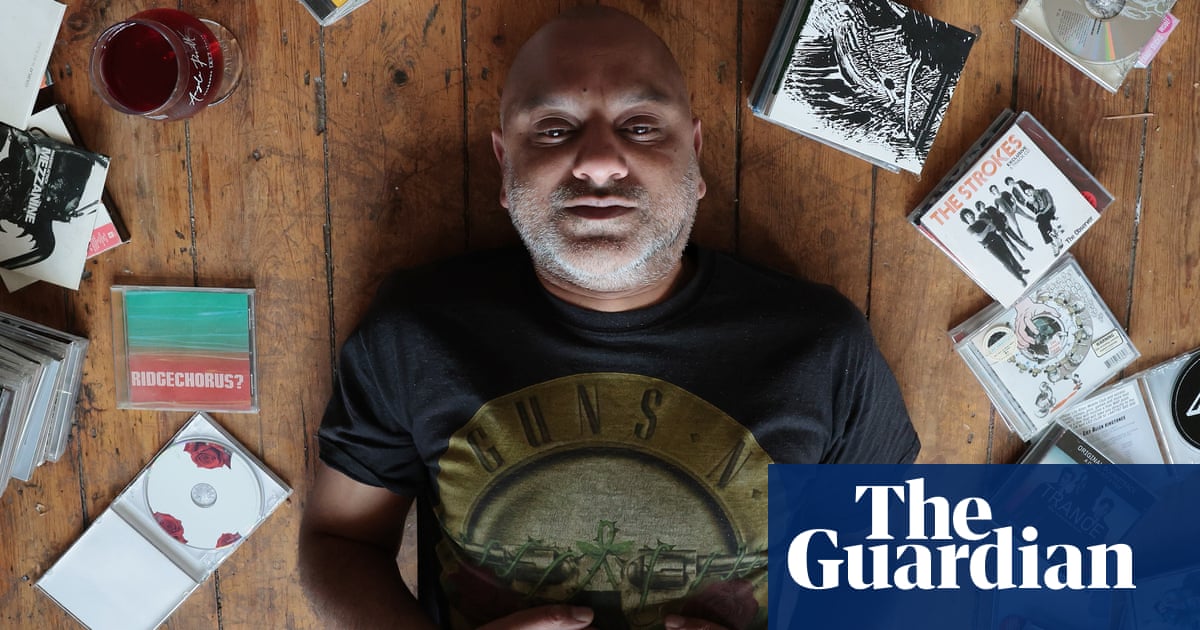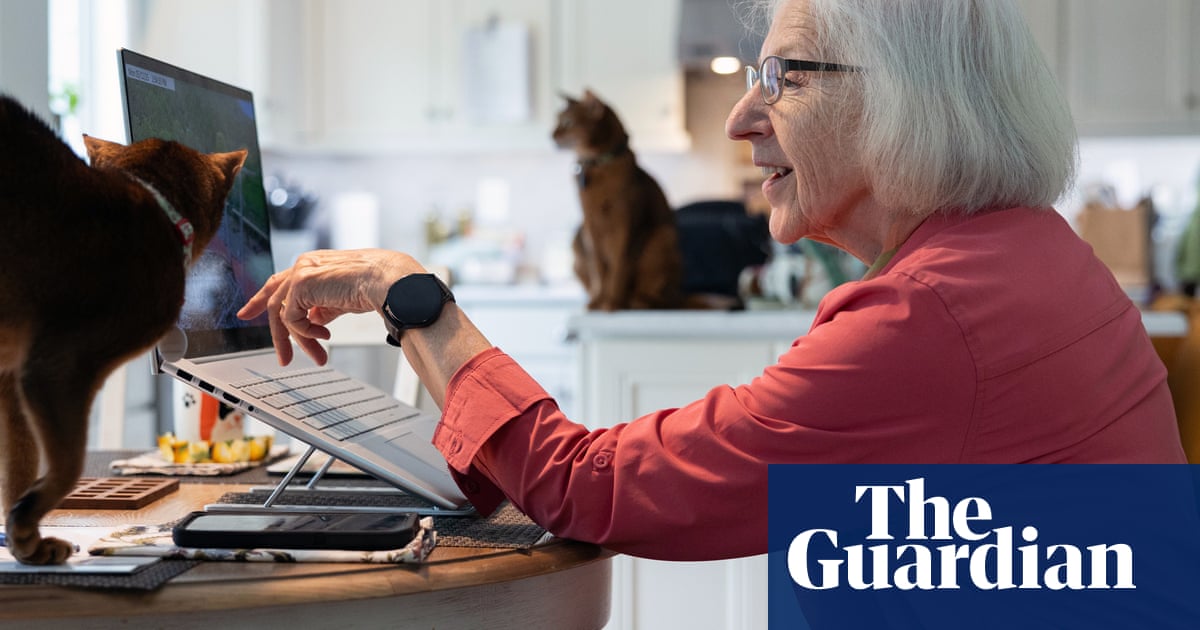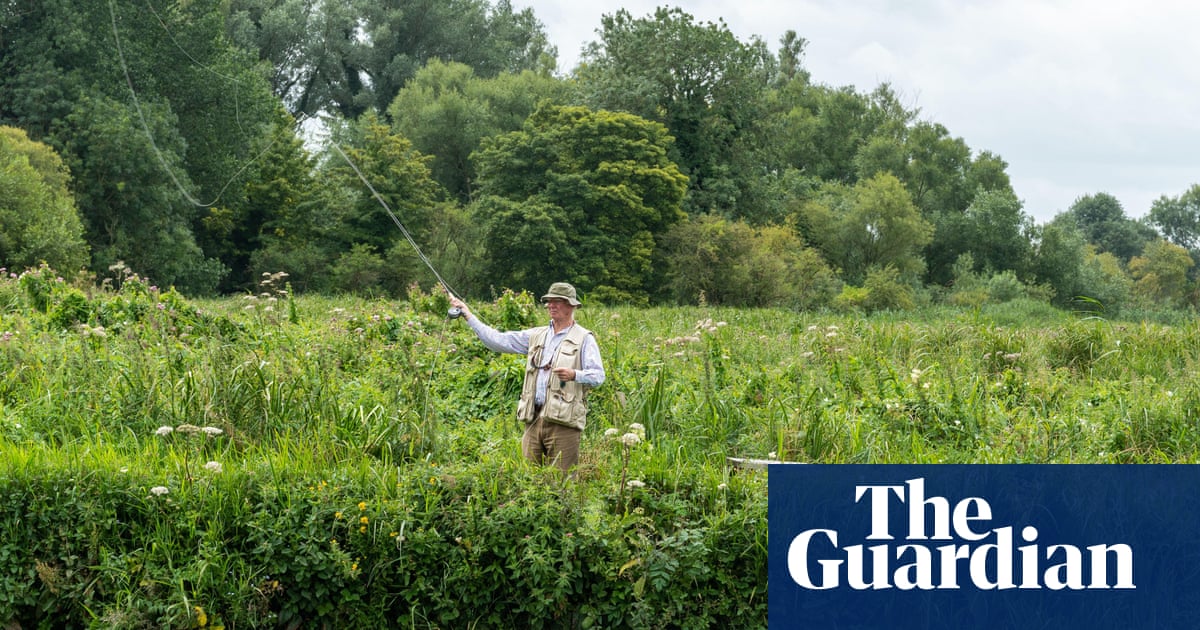Should you have the world’s tiniest violin to hand, prepare to play it. This week, English councils gain the power to double council tax on second homes, and the holiday-cottage-owning classes are fuming. “Nothing but a racket,” thundered the Daily Telegraph, dismissing a supposedly “vindictive” raid on weekenders that was (gasp) “socialist” to boot.
Its Sunday sister paper further tugged on readers’ heartstrings with tales of homeowners who had inherited a second place somewhere lovely from their parents, and bridled at being asked to pay a few thousand pounds more a year to keep it in the family. In the Times, a retired barrister who felt forced to give up the seaside pad she had bought in her mother’s native St Davids complained of the tax “destroying generations of community-building”, as though houses sitting empty all winter were the one thing really guaranteed to bring a thriving community together. To which one can only say: people, learn to read a room(s). You’ve certainly got enough of them.
A little weekend bolthole by the sea is, of course, the dream for many, but therein lies the clue. It’s a luxury, a nice-to-have, a signifier of good fortune and plenty in a world of such scarcity that millions of people can’t see how they are ever going to own one measly home, never mind two. Shrieking in horror when asked to pay a bit more for the privilege, at a time when benefits for disabled people are apparently considered a reckless national extravagance, wins roughly as many friends “in the village” as did second-homers stealthily decamping there from Covid-riddled London on the eve of lockdown with a cough.
Places where grockles have long rubbed along more or less tolerably for generations with locals who are well aware that they rely on tourism for a living – from the Cotswolds to the Lakes to those Cornish villages where every house seems to have a telltale key safe by the front door – are visibly tipping over into something much more dystopian. One recent survey in Devon found seaside hotspots where more than three-quarters of properties were holiday homes. That’s no longer really a village in anything but name: more a giant deconstructed hotel complex, offering tourists the chance to scroll through a bewildering choice of holiday rentals every August while working people are forced further and further from where they grew up.

It is not just buying that has become impossible. Renters live in fear of having to move, because what were once long-term permanent landlords have long switched to more lucrative short lets via Airbnb, leaving precious little on the market. In coastal north Norfolk, where one in 10 properties is a holiday home, the council’s spending on temporary bed and breakfast accommodation for homeless families has more than quadrupled in five years. Despite all this, nobody is saying people can’t have a second home if they really want one – just that it’s going to cost more, which doesn’t seem enormously outrageous in the circumstances.
It is true that the exact purpose of the second-homes tax – whether it’s really about cooling overheated markets and freeing up houses for locals, or more about freeing up some useful money for councils on the verge of going bust – has become suspiciously blurry. In Wales, where the idea was pioneered and billed as an answer to the chronic housing shortage in tourist traps such as Tenby in Pembrokeshire or around the national park in Eryri, the jury is still out on how many first-time buyers it is actively helping on to the ladder. Local estate agents complain of a glut of holiday homes languishing on the market because they are not what locals want: a miniature fisherman’s cottage on the harbour might be charming for a week, but real-life families would rather have a garden and a bus route than a sea view.
But straight house swaps from out-of-towner to local aren’t the only measure of success, if the money raised from second-homers who decide not to sell up is earmarked for good use. In Gwynedd in Wales, the council has pledged to spend the proceeds raised from its 150% hike in council tax on second homes directly on tackling homelessness. And if taxing weekenders does look to some councils like an easy way of bumping up revenue without actively outraging their own residents, given most of those paying it by definition won’t be local … well, frankly there’s nothing wrong with the idea that putting something back into the community – as second-homers often genuinely say they want to do – should mean more than occasionally popping into the pub.
Hampshire has both 7,000-odd second-homers in the New Forest and a £312m deficit in its budget for the education of children with special needs. Dorset council, which is a magnet not only for weekenders but for retirees drawn to its sleepy rural and coastal towns, is struggling with a hefty social care bill and could very much do with the £8m it hopes to raise from owners of second homes. It’s only a drop in the ocean of need, but across local government right now every drop counts. This isn’t the politics of envy, but the politics of common sense: one of those rare times when taxes are both the price of living in a civilised society and a small step to a fairer one. That’s enough violins now.
-
Gaby Hinsliff is a Guardina columnist

.png) 1 month ago
29
1 month ago
29

